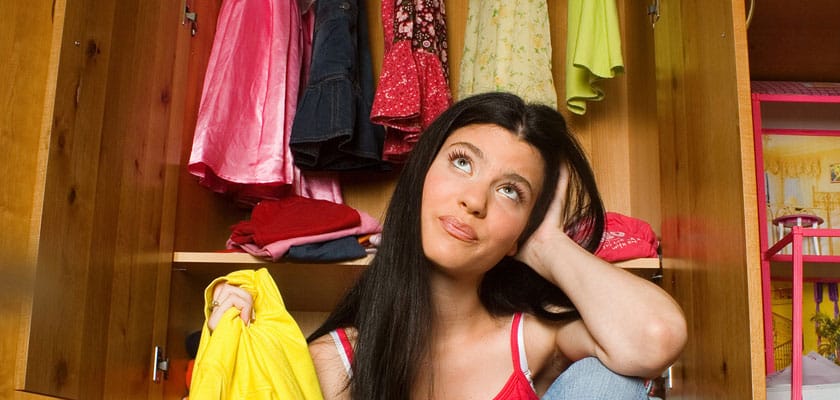YOU GOT THE POSITION... YOU'RE THE LEADER... NOW WHAT?
Menu

With Thanksgiving in mind, this is reposted from June 2014…
I hear this all the time from parents in our church, neighborhood, school… well, pretty much everywhere, including my own home.
Our children have so much. Virtually everyone we know has everything they need: clothes, shoes, food, and shelter. And they have all the non-necessities, too: XBOX, Wii, iPads, cell phones, bikes, and toys. I believe my entire street put a pool in their backyard this year – and I don’t mean the kiddie or above ground variety. You get the point.
As parents, our overflowing stuff plus limited gratitude drives us to demand gratefulness from our families.
So when my 14-year-old daughter and I recently returned from a mission trip to Ecuador with Compassion International, what I heard no less than 50 times was to be expected: “Aren’t you glad your daughter was able to see how the rest of the world lives? I bet she will be more grateful for what she has now!”
I hate to admit it, but to some extent, I thought the same thing as we boarded the plane out of Atlanta. She has everything she needs – and more. Much more. Her carryon bag proved the point. As a family, we have been blessed, and I used to desire more gratitude from my kids.
But while we were visiting the little home of a Compassion sponsored child in an extremely impoverished community in the middle of the Amazon rainforest, it hit me: I don’t want my daughter to feel grateful, I want her to feel responsible!
Sitting in that little Ecuadorian jungle home, it all made sense. At home, I am constantly fighting against the comparison game. There is always somebody with more. There’s always another girl with better clothes. Better vacations. Better cars. When my daughter begins to compare and complain, I get frustrated and admonish her for comparing. “You should be grateful for what you have,” I used to say. Yet, as we sat in that jungle home, part of me wanted her to play the game again. That’s terrible parenting. It’s worse Christianity.
Instead of returning to our American sized home and our super-sized meals with an attitude of gratitude, I realized we must return with an attitude of responsibility. As my friend Andy Stanley once said, “What you have is less important than what you do with what you have.” I couldn’t agree more.
On the flight home, here’s what I began to unpack:
Don’t get me wrong; gratitude is necessary. We should feel grateful for what we have. But stopping with gratitude keeps us self-focused. Gratitude doesn’t move us to action. Gratitude can cause us to miss the bigger picture. So be grateful, but be more than grateful.
We are often tempted to believe we earn what we have. After all, you work hard. You earn your paycheck! But when you step into an impoverished community, you quickly recognize how easily the roles could be reversed. I didn’t choose to be born in the US. I didn’t choose my parents. I didn’t choose to be blessed with education and work opportunities.
I believe there is much to be said for taking advantage of the opportunities provided us, and we should have healthy pride in our effort and work, but God’s distribution has much more to do with his blessing than our effort. Being born one country (or even one community) away would have changed your life. I do not ever want to forget that!
There will always be those who have more AND those who have less. There is no way to win a game of comparison. As a parent, it makes no sense to push comparison to teach them gratitude, but shame our kids when they compare and desire more.
This was my most important take-away. My excess was meant to be a blessing to others, not just me. We all have excess. That’s okay. What we choose to do with our excess says more about our attitude than any amount of gratitude. Let’s not be just grateful; let’s be responsible.
I can’t count how many times I’ve told my children, “You should be more grateful for what you have!” I hope I never say that again. That’s bad parenting. That statement reinforces the negative of comparison. Moving forward, I hope my family and me will replace more gratitude with more generosity.
If I could challenge you a little: What are you doing with your excess? Does your comparison lead to gratitude or responsibilities? I believe God has much more in store for the generous, but our gratitude might be the thing that keeps us self-focused.
